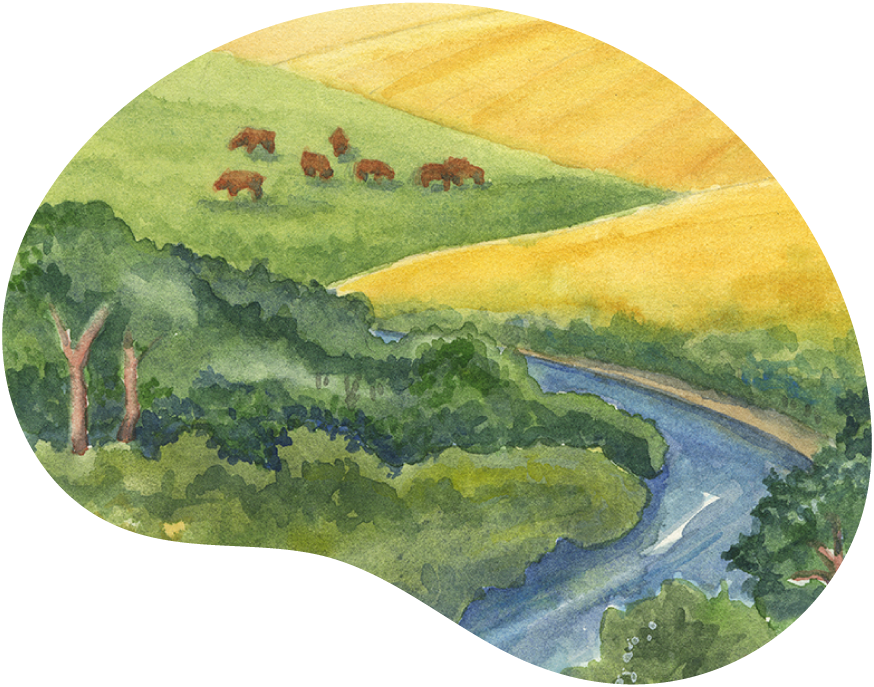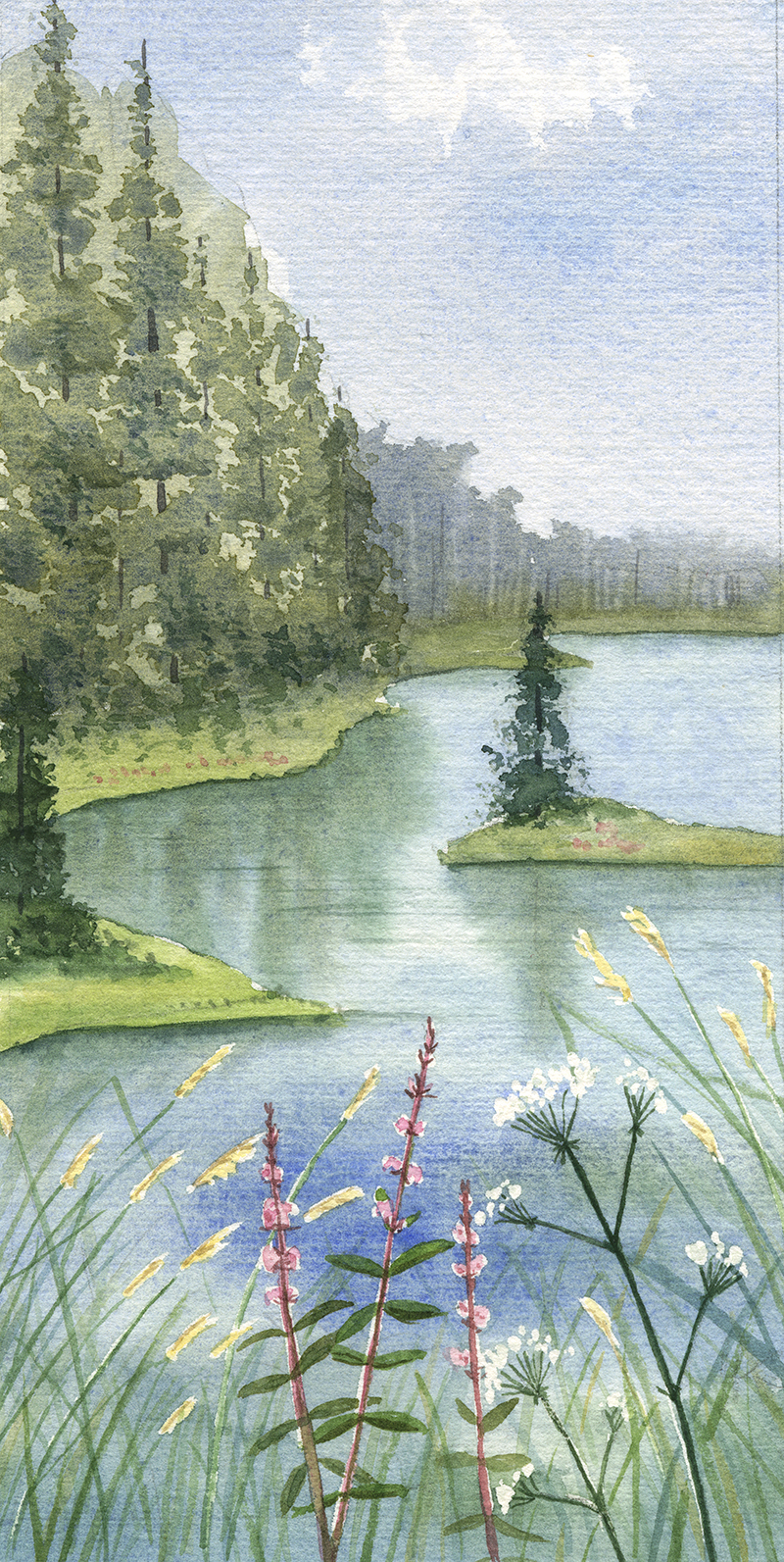
Who Me? Part of a Watershed? Don’t Flush Yet!
From the coffee we drink, to the water we brush our teeth with, our daily routines are linked to watersheds. Whether we live in town or out, the health of our watersheds impact our daily lives.

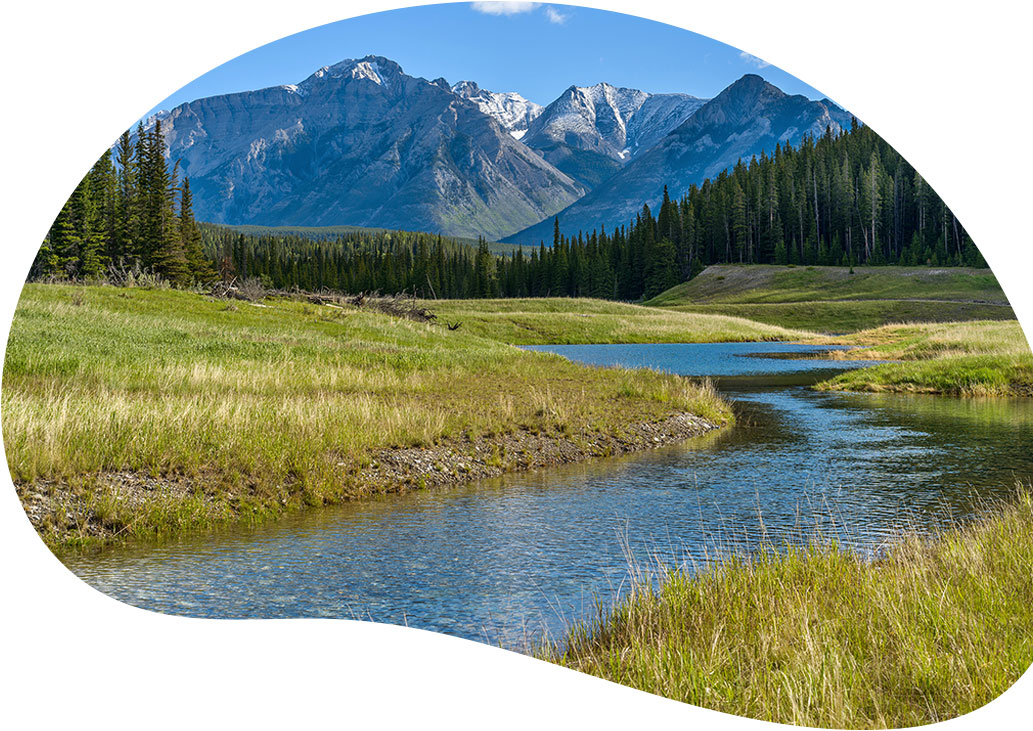

From the coffee we drink, to the water we brush our teeth with, our daily routines are linked to watersheds. Whether we live in town or out, the health of our watersheds impact our daily lives.
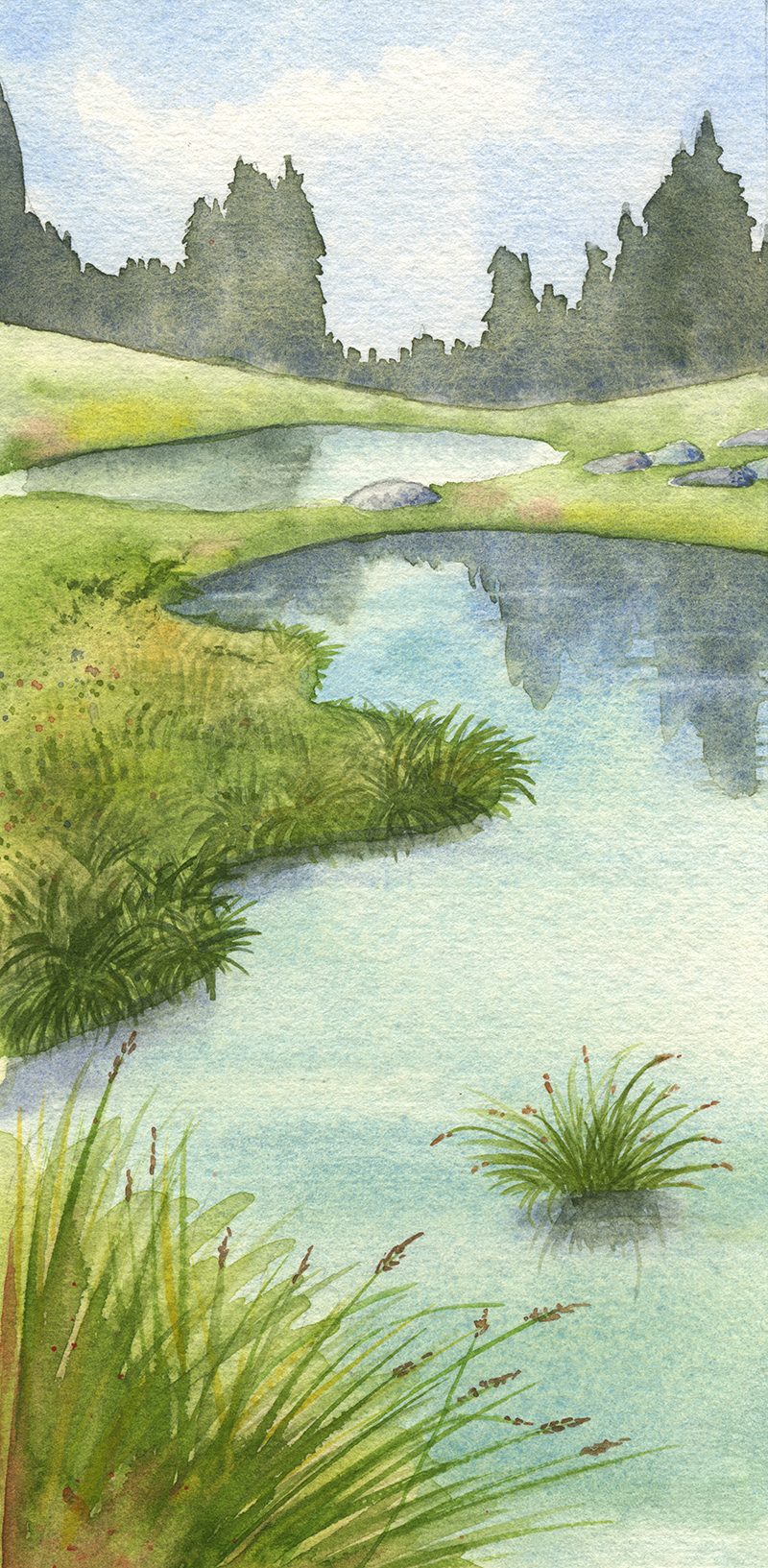
Wetlands, to some, are priceless. Economically it’s hard to put a price tag on them. Could we do without wetlands? No! Beyond all the things we now know that wetlands contribute, those things called ecological goods and services, a local pond provides many of us with an education, experiences, risks, inspiration, entertainment, connections and appreciation.
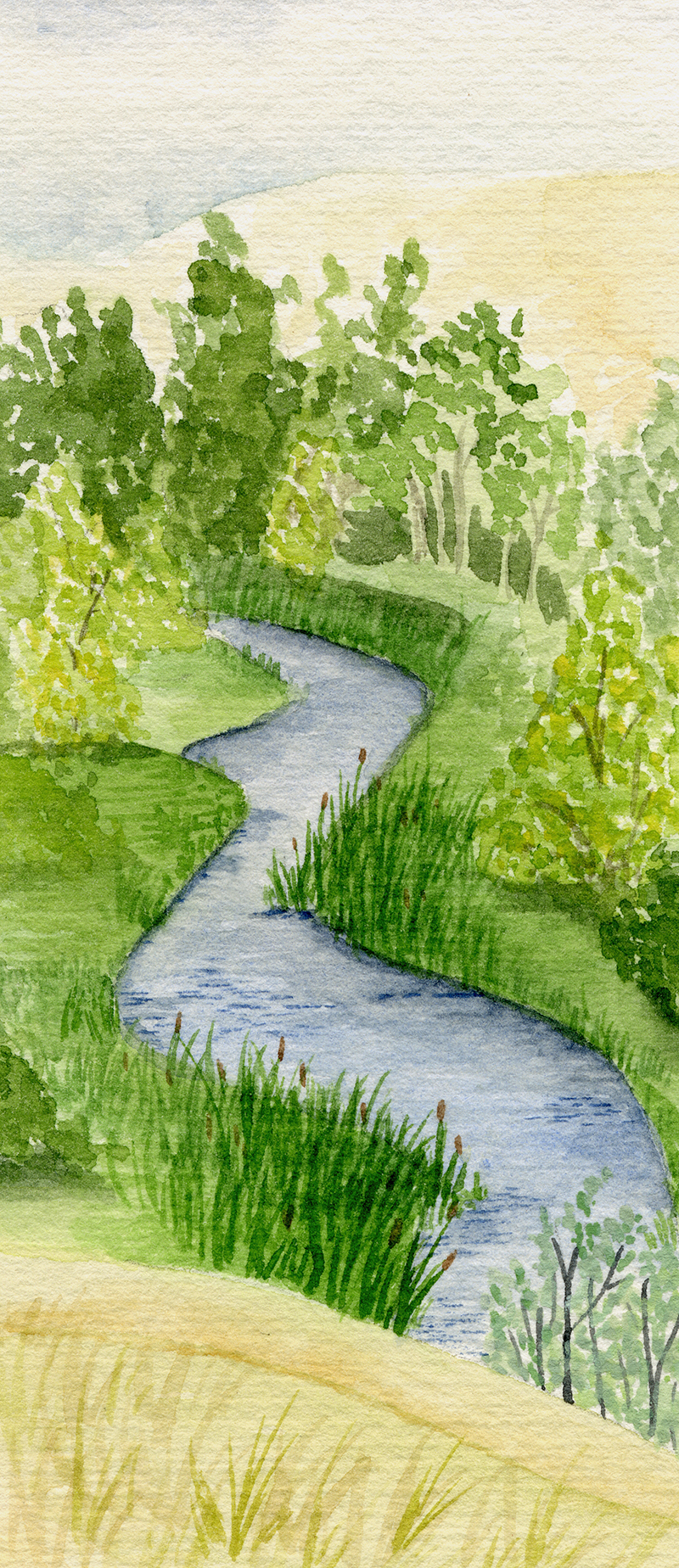
Stewardship, specifically environmental stewardship, is the act of caring for our natural resources – land, water, wildlife, and air – to sustain, conserve, protect and restore the environment for our generation and the generations still to come. Environmental stewardship pays big dividends in the form of clean water, forage productivity, biodiversity, and water storage, but who pays for stewardship and how much do we owe?

There are a variety of lakes and wetlands in Alberta, from the clear blue mountain lakes to willow-ringed potholes of central Alberta. They all have a many things in common, including their value as water filters, storage tanks and critter condominiums
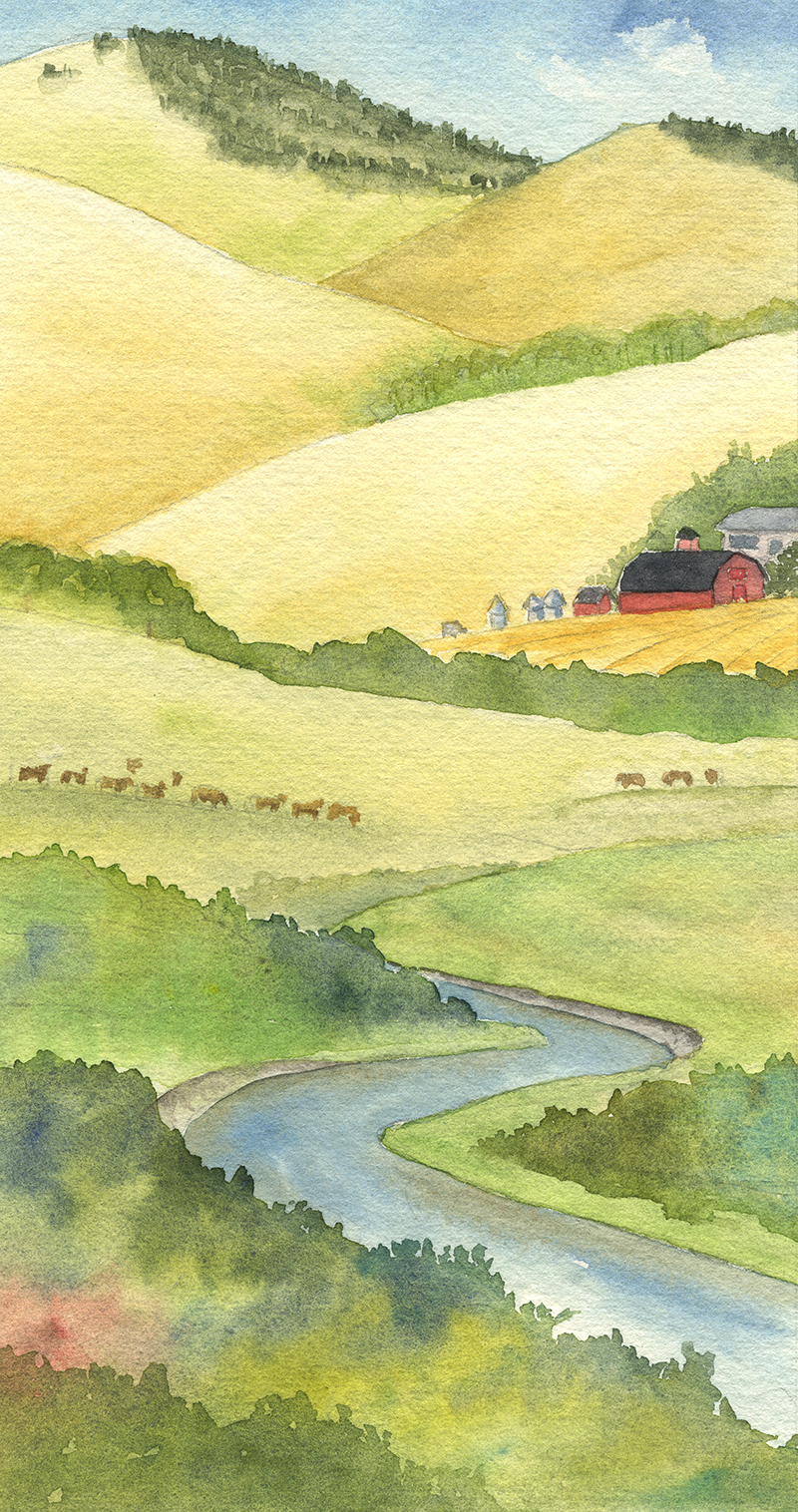
Don’t let stream horsepower get away on you! Stream and river channels are seldom straight. They meander, or bend, to balance energy and work. Some simple physics helps us understand the nature of streams and rivers.
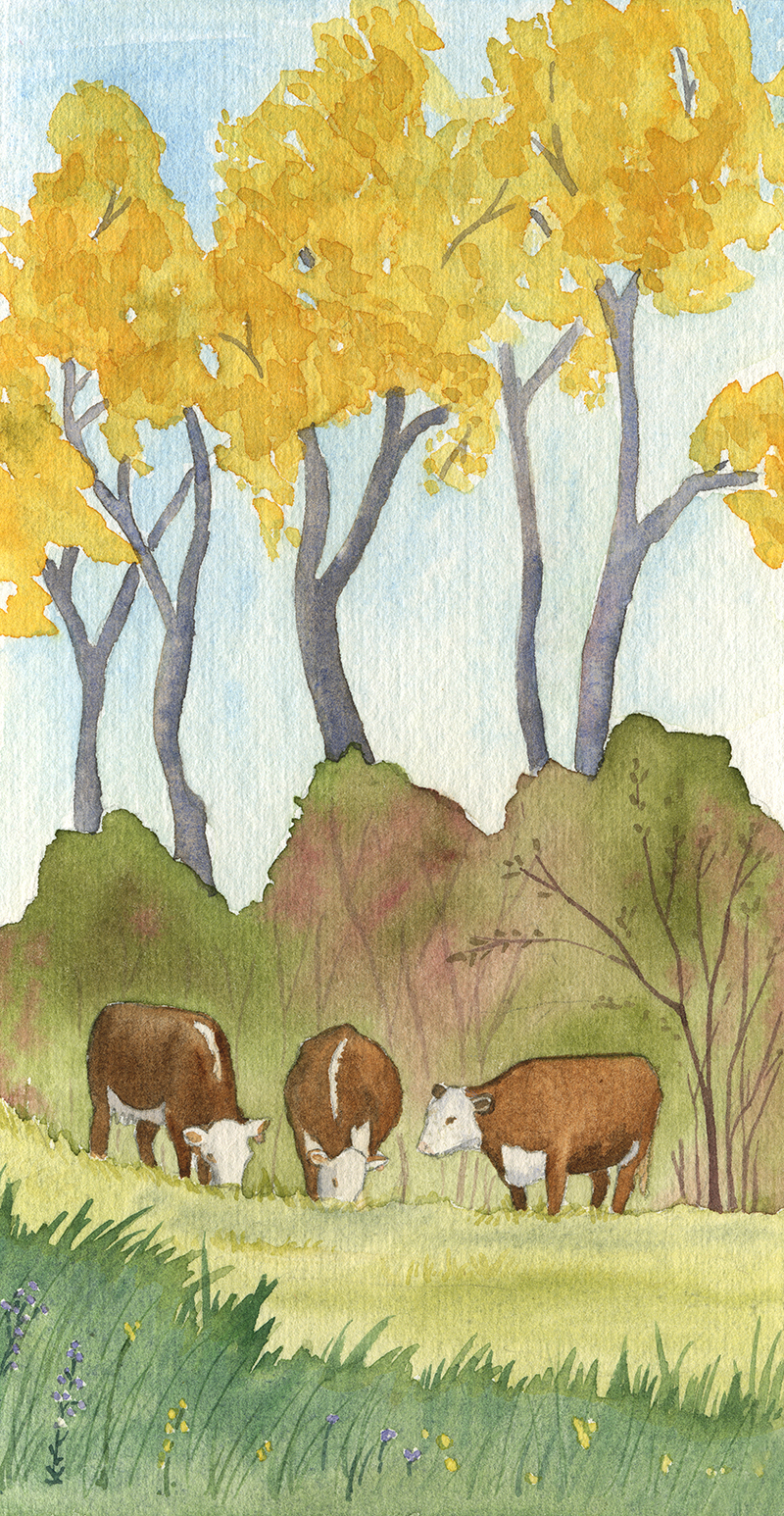
Community-based watershed and stewardship groups are growing in number in Alberta. Cows and Fish works with these groups to create a better understanding of riparian areas, their value, function and health.

A reality for many living in Alberta and across the Prairie Provinces is that for most their water comes from a local prairie-fed source. This differentiates these watersheds from headwater systems, whose flows come from our glaciers and mountains. This article provides some insight into these unique prairie systems.
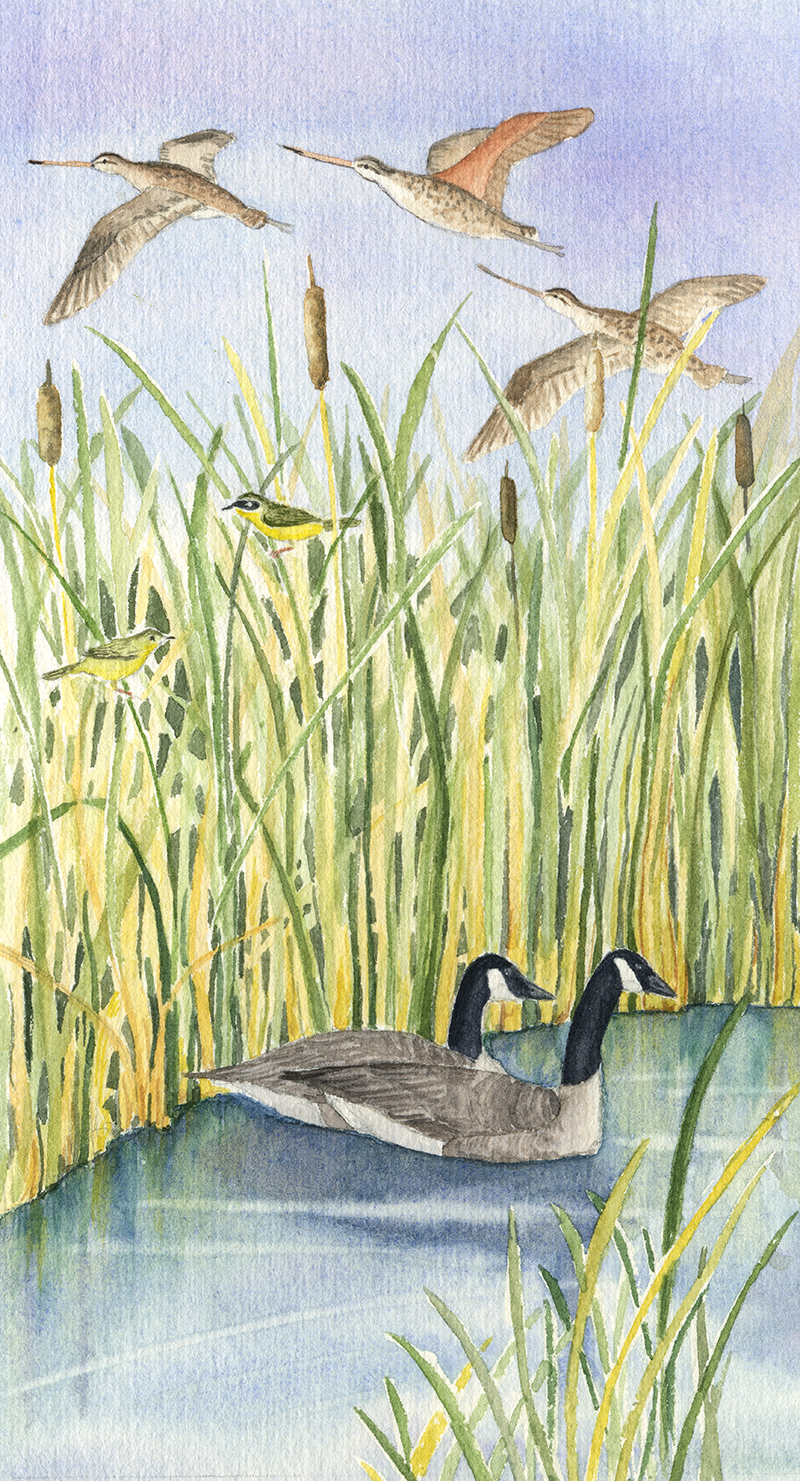
Have you ever wondered what a healthy riparian area looks like? Or how you might know if your riparian area is healthy or not? A tool, called Riparian Health Assessment, has helped many individuals and communities understand the health of their riparian areas.

Spring rain used to fill our prairie souls with joy; now the same rain, especially when it persists for days, fills us with a sense of angst. Is there a reason for concern this spring, or are we over these ‘floods of the century’? Why do we have these large floods and is there anything we can do about them?

Wetlands are not wastelands. Wetlands link groundwater and surface water, influence climate and soil moisture, and buffer the impacts of floods. Careful management of wetlands will lead to benefits realized in both the short and long term.

We’d all like to deliver popular messages, the ones people want to hear, the positive and uncontroversial ones and those that evoke emotional responses like gratitude and warmth. Wouldn’t it be lovely if those that listen to messages would be well informed, rational, interested, motivated, knowledgeable and broad-minded. In a perfect world, the above would be true. Is there a better path to delivering unpopular messages and promoting social change? A thinking pathway to allow message deliverers the opportunity to anticipate and recognize responses, prepare messages and focus on message delivery, might just do the trick.

Cows and Fish is a cooperative effort of agencies and organizations concerned about the health and management of riparian areas. The success of the Cows and Fish program has been based on putting common sense to common practice.

We all rely on the tremendous variety of species, genes and ecosystems in our world. Riparian areas, in particular, support high levels of natural biodiversity, and thus, provide substantial benefits to society.

We’ve given water lots of advice on the issue of water quantity, in the form of expensive dams and big reservoirs, but is that always the best solution? Have we overlooked a natural ally in our efforts to conserve and manage water? Maybe. Consider our Canadian icon, the beaver!

It takes more than grass to make beef! Water is also an important component to beef production. Both water quantity and water quality affect livestock performance. Research suggests that livestock perform better with cleaner water.

Two communities, a group of cottage owners on an ageing lake, and a herd of ranchers on a small foothills stream, seem poles apart, geographically, socially and economically. Yet, there are some remarkable similarities. These communities represent a new demographic in Alberta. These people are starting to take charge of their landscape. They are rebuilding, not just the health of their landscapes, but also the sense of their communities.

